#The flower on the cliff, the more fragrant, the more impermanent~
I have always wanted to be an introductory blog for FPGA, but the plan is always unable to keep up with the changes. The last FPGA introductory blog was written in October 19 (ababababa). As a result, 20 years are almost over, so this chapter is continued. . (Too humble) This time I just recorded a similar video on station B, so I wrote a blog by the way for your reference~ for everyone's introductory learning.
Attach my B station video (QWQ asks for three links~)
Nanxin University Electronic Engineers Association MOOC Program-FPGA introductory learning (1): recommendation of introductory books
~· ~· ~· ~· ~· ~· ~· ~· ~· ~· ~· ~· ~· is the dividing line of the text~· ~· ~· ~· ~· ~· ~· ~· ~· ~ · ~· ~· ~·
Preface
The first time I came into contact with FPGA was in the next semester of my college degree. It was to prepare for the 2019 National Undergraduate Electronic Design Competition. Although FPGA was not used in the electronic competition in the end, I opened the door to FPGA. In the 20-year National College Student Integrated Circuit Innovation and Entrepreneurship Competition, I used FPGA to make a digital surveillance security system, and used FPGA for digital image processing, machine learning and sensor control.
In our school, FPGA, as a professional course, was offered in the first semester of the junior year, and the time was only 64 hours, which was quite small. The FPGA experimental class only has 6 sessions, and the course design has only one traffic light, which is far from enough. Of course, we are not a good school. I know that in THU, the automated curriculum requires the ability to use FPGA and is self-taught (QAQ).
As a college student, we often have this kind of ridicule: "You are a qualified college student, you should learn to teach yourself." This sentence is very true. If I do not teach myself, even if I have taken the FPGA course in my junior year, I will not be able to participate in IC competitions, let alone winning.
2020 can be said to be the first year of China's integrated circuits. Various semiconductor and integrated circuit companies have sprung up, and even the so-called three-month training course has appeared in IC design and chip verification . You can get a monthly salary of 10,000 yuan after graduation . (Slowly type one?) I saw a Beijing XXX training class on the Internet. The 3-month FPGA training class costs 30,000+ , or it is an online class (ask what is the competitiveness, Dr. Beihang will teach! Q&A), but the content of FPGA is hard to explain in one word (slightly pit~), basically it is a general course of cutting leek. I'm thinking whether my learning ability is too strong, or FPGA is easier to learn than 51, can be so "fast", can be so fast, China still lacks integrated circuit talents? (Zu'an speaks xxx)
I think FPGA is more difficult to say, compared to beginners 51, MSP430, STM32, Arduino or Raspberry Pi, its digital circuit foundation, code thinking, device structure, and parallelism are reflected in the HDL language. There will be a certain degree of difficulty, but it is not enough to say that it takes such a high price to go to online classes to learn (isn't it good to buy a good development board with this money?) With the help of free videos on the Internet and open source code and engineering Projects can actually reach a corresponding level.
System entry
Generally, there are many ways to get started in FPGA for beginners. For example, you can start directly from the hardware and learn engineering while getting started. Some also start from the logical structure of digital circuits. You can also learn about the structure of FPGA before getting started. The several books I recommend here are all based on engineering. The experience of first contacting engineering objects is more intuitive and relatively speaking the most advantageous. Because I am more accustomed to using videos to get started, I buy fewer books for beginners. I will attach a link to the video after I introduce the book.
Intel & Altera & Quartus
FPGA self-study notes

related video learning:
Easy to learn FPGA with zero foundation, Xiaomei Ge FPGA design idea and verification method video tutorial
Punctual Atom Trailblazer FPGA Development Board Video (Section 86) 2019 Update Ended
Xilinx & Vivado
build your digital building blocks-digital circuit and logic design

Privileged Classmates 2020 Edition "In-depth and simple explanation of FPGA video tutorial" Xilinx Artix-7 FPGA quick start, skills and examples
Play with FPGA in a simple way
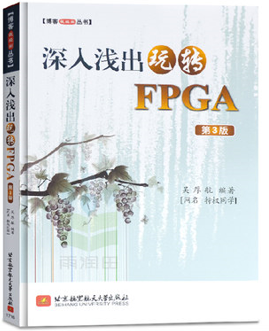
[35 full] Explain the basics in simple language and play FPGA video privilege classmate (Wu Houhang)
Language books (Verilog)
夏宇闻老师天下第一!~FPGA入门的语言我还是比较推荐用Verilog,虽然说VHDL、System Verilog都是可以的,现在还有HLS(高层次综合)可以用C去编程FPGA,但是对于入门来说,VHDL的语法难度太大,因为是IEEE很早的标准,很规范,但是规范带来的复杂性也很高,推荐熟悉Verilog之后,拿VHDL作为补充的学习。System Verilog也是一个道理,SV可以算作Verilog的超集,它的功能相对于Verilog来说,增加了很多方便的定义和用法,但是这个不利于通过HDL语言来了解硬件结构,所以还是推荐Verilog。另一个也是SV的书籍目前没有比较容易上手的,像比较流行的两本SV,有点复杂了,新手不友好。
Verilog数字系统设计教程(夏宇闻)
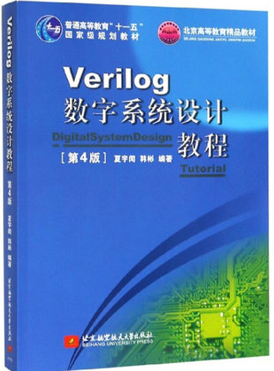
Verilog HDL 数字设计与综合
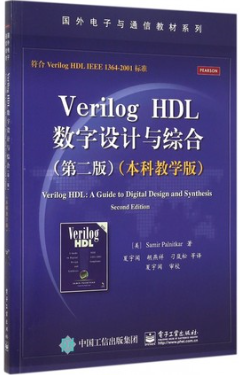
进阶书籍
FPGA原理与结构
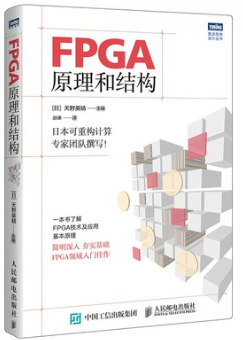
FPGA原理与结构是我很喜欢的一本书,它属于全程不讲代码的书。这本书从第一张开始是讲的FPGA的物理结构,还有硬件的实现方式,后面讲的有FPGA的设计方式,架构方式,还有对于FPGA的开发方式,应用领域,虚拟化技术。把FPGA从物理到设计的所有东西都介绍了一遍,看起来超满足。读过这本书之后,会对FPGA的整体认知网上走一个层次,非常值得看。
基于FPGA的数字图像处理及应用
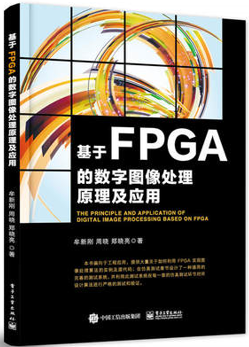
数字信号处理的FPGA实现
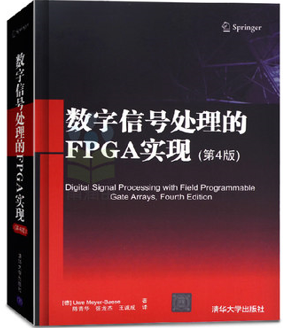
资料网站
B站大学
”没有什么比B站更适合学习“ —— 鲁迅。

正点原子资料下载(所有代码开源)
“最美妙的事情,莫过于买黑金的开发板,看正点原子的视频教程” —— 凡尔赛。

Gitee开源代码网站

万能的GitHub
“如果你作为一个程序员/工程师,却不知道GitHub,你也不用混了” —— 鲁迅。

博客园

CSDN
"I, quote myself"

Knowledge Planet (paid)
Knowledge Planet means you pay to subscribe to the "star master", usually an annual fee, and then the star master provides relatively high-quality articles, engineering codes, materials, design specifications and some industry information. I think it is still very good~

————————————————————————————
These are some of my recommendations for beginners to learn FPGA, of course if the big guys have For better recommendation, you can add QWQ in the comment area~
ask for likes + follow~